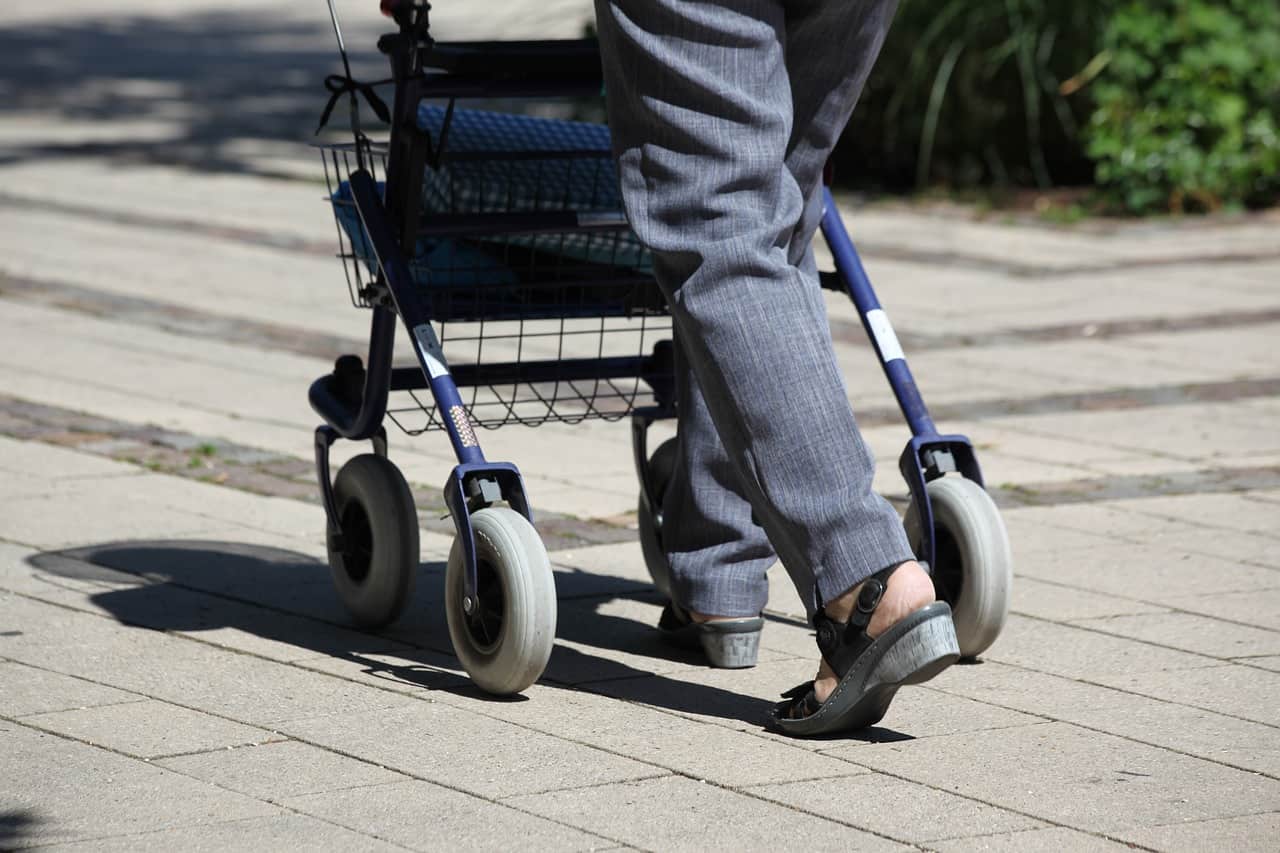It is possible and quite integral to maintain heart health, regardless of age and physical conditioning. If you live with limited mobility, it may seem impossible to complete cardio or other heart-healthy exercises safely and effectively. The truth is, there are many things that you can do regardless of physical disability or mobility issues to achieve heart health.
Take care of holistic health and wellness across the lifespan particularly paying attention to heart-healthy activities that can extend and enhance your life. If you rely on devices like stairlifts or wheelchairs, it may seem that heart-healthy exercise is out of the question but know that cardio activities are key in preserving and maintaining good heart health. From eating better to finding activities and exercises for your own fitness level, it is possible to be proactive with limited mobility.
If you rely on mobility aids, you can still achieve heart health with the following strategies and tips:
Regular Physical Activity
Ask any medical provider or practitioner and they will tell you that exercise is the key to heart health. But which activities are the most effective? Furthermore, what physical exercises are recommended for those with limited mobility? Don’t let mobility challenges impact heart health and holistic wellness; use the following tips to get in your workouts, with or without mobility aids and equipment. Here is what you need to know about heart-healthy exercise:
- Cardiovascular exercises are the ones that get you moving and working up a sweat and may include activities like walking, jogging, playing tennis, swimming, biking, and dancing. If you have mobility issues or limitations, you may find that cardio activities done in the water, like aquaerobics or simply swimming, can help ease the impact on joints, like knees and ankles. Even if you are confined to a scooter or wheelchair, there are cardio exercises that you can do that will increase your heart rate and, with consistency, enhance your heart health.
- Strength training may seem difficult, perhaps impossible, with physical disabilities or challenges, but it can improve your muscle mass and help reduce the risk of a nasty fall. Did you know that falls are the number one cause of accidental death in the home among seniors? When you have mobility issues, this can be a significant danger and hazard. Experts suggest that if you have limited mobility or movement in your upper body, focus on the lower body during strength exercises; if you are challenged with legs or hips, work on increasing upper body strength. A gym trainer or instructor should be able to show you how to adapt exercises to suit your mobility and fitness level.
- Flexibility exercises are important for everyone, especially as you get older. Furthermore, remaining as flexible as possible can help reduce the risk of a debilitating fall. Do you feel stiff and sore when you wake up in the morning? Flexibility exercises like yoga, Pilates, and stretching can help. If you live with mobility challenges, improving your flexibility may increase your range of motion and prevent further deterioration. Speak to your healthcare provider to learn more.
Daily activity is critical to overall well-being. Exercise offers physical benefits, but also can improve mental health and mood, too.
Heart-Healthy Diet
Anyone can eat better to support a healthy heart. Remember that a heart-healthy diet consists of a lot of wholesome foods, like fresh vegetables, whole grains, and lean meats, while keeping an eye out for sodium and foods that will add excess weight.
Weight Management
Speaking of a healthy weight, this is another strategy that can help anyone achieve better heart health. The more weight you carry on your frame, the harder your heart will need to work to pump, move, and keep the blood flowing. If you are overweight, work on achieving a caloric deficit each day to take off pounds; if you are at a healthy weight, eat and exercise to manage and maintain it.
Resources & Support
Keep an eye out for heart health resources and supports, including those associated with National Heart Month in February. Participate in online or on-site events that support this event and glean information and contacts for improving your own heart health. Watch for postings on social media for events in your own area, and sign up for online events that distribute and disseminate information to a broader audience
Doctor’s Guidance
As with any lifestyle change, it is always prudent to talk to your doctor before implementing. Regardless of your own personal health and mobility level, it is advised that you first get your provider’s clearance and approval to engage in exercise regimens and dietary changes.
If you have limited mobility, come talk to the team at Pacific Mobility about accessibility options that can keep you moving. Exercise more freely and maintain better heart- and holistic- health with quality mobility solutions from professionals that you can trust. Call or visit today!
President, Husband, Father, Grandfather Graduate of UC Davis- Bio Sci Major- Go Aggies! Jeff has extensive experience in all of Pacific Mobility’s products and services, and specializes in accessibility products as well as stairlifts, ceiling lifts and custom wheel chairs. His hobbies include spending time with family, gardening, mountain biking, exercising and off road motorcycle riding.
24 years as Owner/President of Pacific Mobility Center – selling, installing, and servicing stairlifts, porch lifts, ceiling lifts, pool lifts, handicap ramping, specialty wheelchairs, scooters, power wheel chairs, and other power mobility devices
Certified Environmental Access Consultant since 2008
Licensed General Contractor since 1998
Certified Aging in Place Specialist since 2016
Board Member for Home Access Professionals
Member of Association of Members of the Accessibility Equipment Industry (AEMA)




